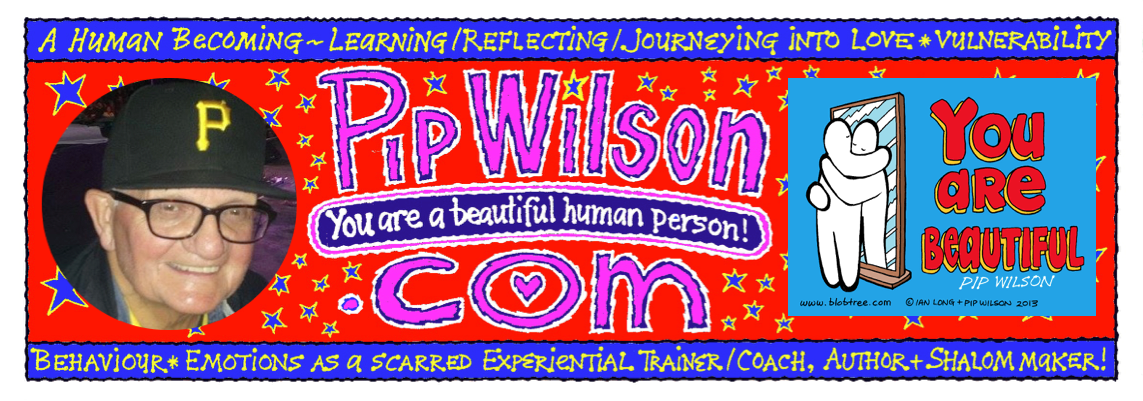When I first heard the news about Aaron Lennon, there was a feeling of sadness because I don’t want anyone to experience what I’ve been through.
But it was also a feeling of relief.
My former team-mate at Leeds has got to the crisis point that I hit but he has now entered the support system and has the opportunity to address what is going on, rehabilitate himself and live a full and blessed life.
I remember our days at Leeds really well. Aaron has always been a really quiet lad. He was never someone who bragged about anything but just got on with his business. He’s quite possibly the quickest thing on two legs that I’ve ever had to man mark in five‑a‑sides. When he is on form he is literally unplayable and I know there is still plenty more to come from him.
We spent some time together and that’s what encouraged me to feel that I could reach out to him via Twitter. Although I don’t know the exact specifics of his situation, I have a good experience and understanding of the spectrum of mental health issues and I wanted to offer my support at this time. Having been through this situation myself I know that anything more than that is imposition and if it’s not warranted it will just cause further stress. It’s an approach that I would implore everyone to adopt – Azza’s going to embark on a journey where he needs to find the right recovery process and rehabilitation and his family will help to tailor that to suit his needs. But if I can be of help then I will be.
The single most annoying question that I ever hear on this topic is how can someone who is a millionaire be depressed.
Mental health conditions are illnesses, which means they are indiscriminate.
He is no more immune to mental health issues than he is to flu or diarrhoea or anything of that order. He is a human being so whether he has millions in the bank or is a man or woman is irrelevant.
It’s actually of no surprise to me because Aaron’s in the prime demographic. We saw suicide rates last year peaked for young black males between the ages of 30 and 45 and that group is the most susceptible to experiencing mental issues. So the car that you drive does not prevent you from succumbing to this illness. That is a question that is proffered by the media, and I think that is doing a disservice to their viewers or readership.
The requisite level of awareness and understanding in society is now such where people are aware of the issue but those who are suffering need to be treated accordingly. The dialogue needs to be at the level of the understanding that there now is in society. Let’s not talk about why someone has mental health issues. What we should be talking about is whether there is a sufficient support structure in place. Is the screening and diagnostic process right and does it suit the industry they are in? Those are the more appropriate questions.
Things are definitely improving in society as a whole, however. People have begun to realise that this is an issue that affects everyone in the world and is bordering on a pandemic. Awareness is growing but the support mechanisms are not. Everything in place is based on centuries-old models of sanitariums and are not up to speed with modern society and modern living. That’s what my charity, the Clarke Carlisle Foundation for Dual Diagnosis, is aiming to change.
Our official launch dinner is on the 30 June at the Imperial War Museum North but we’ve already signed up for two huge projects. The first is building the National Centre for Dual Diagnosis where we have teamed up with a company called Architectonicus to bring the whole model in-house so there’s not a disparate service from detox to diagnosis to treatment, rehabilitation and aftercare. The shorter-term project is we have teamed up with another company called Attigo to develop an app that is going to be industry-specific in its language and reference points that will give people instant access to therapists. The “one-click counsellor”. We’re hoping to eliminate waiting times for talking therapy.
Being involved helps me feel like I’m contributing and giving back to those whose lives I have affected through the course of my illness and my actions. Kindness and general humanity is a huge factor in raising someone’s self-esteem.
But the biggest flaw in football is there is no legislation for football clubs to follow. The Football Association has not put in place measures for the psychological and emotional well-being of their employees. It’s in the contracts that they should take care of any injury – physical or mental – and pay for the rehabilitation but there is no stipulation about the base level of care that is needed. This is inadequate because it’s then down to a club’s interpretation, so whatever they think is appropriate, they will put in place but another club might do nothing.
Everything is focused on disaster recovery and crisis management once a guy is suicidal or is fully reclusive. Football does not do that about any other aspect of physical health – they do stretches, they take supplements and go through all these routines in order to maintain healthy physical performance. This is the approach that needs to be taken with mental health issues. It’s not about disaster recovery – that should only be a percentage of the support that is out there.
Unfortunately it is inevitable that some people will get to that stage but if there’s a greater focus on early intervention, education on coping strategies and emotional literacy, all of this can be introduced at academy level. So when a player comes into a professional environment he understands that football is a vocation and not his sole identity.
In my opinion that’s a legacy of society. We can’t blame the NHS – they’re understaffed and underfunded so are constantly putting out fires. People have to get to blatant disaster before there is help out there for them. The whole thing needs adapting and I believe it’s possible.
What we need to stop doing is sensationalising the journey. There’s a general belief that you’re either well or suicidal. There is a huge spectrum in between and the more that we can get people to talk about their experiences, the more we can help to recover just by a chat and a hug. It can be as simple as a couple of Paracetamol for cold. In doing that, we can alleviate a large part of the burden on the crisis-management centres and really start to fight back against this terrible illness.
In the UK, Samaritans can be contacted on 116 123
*BHP*


